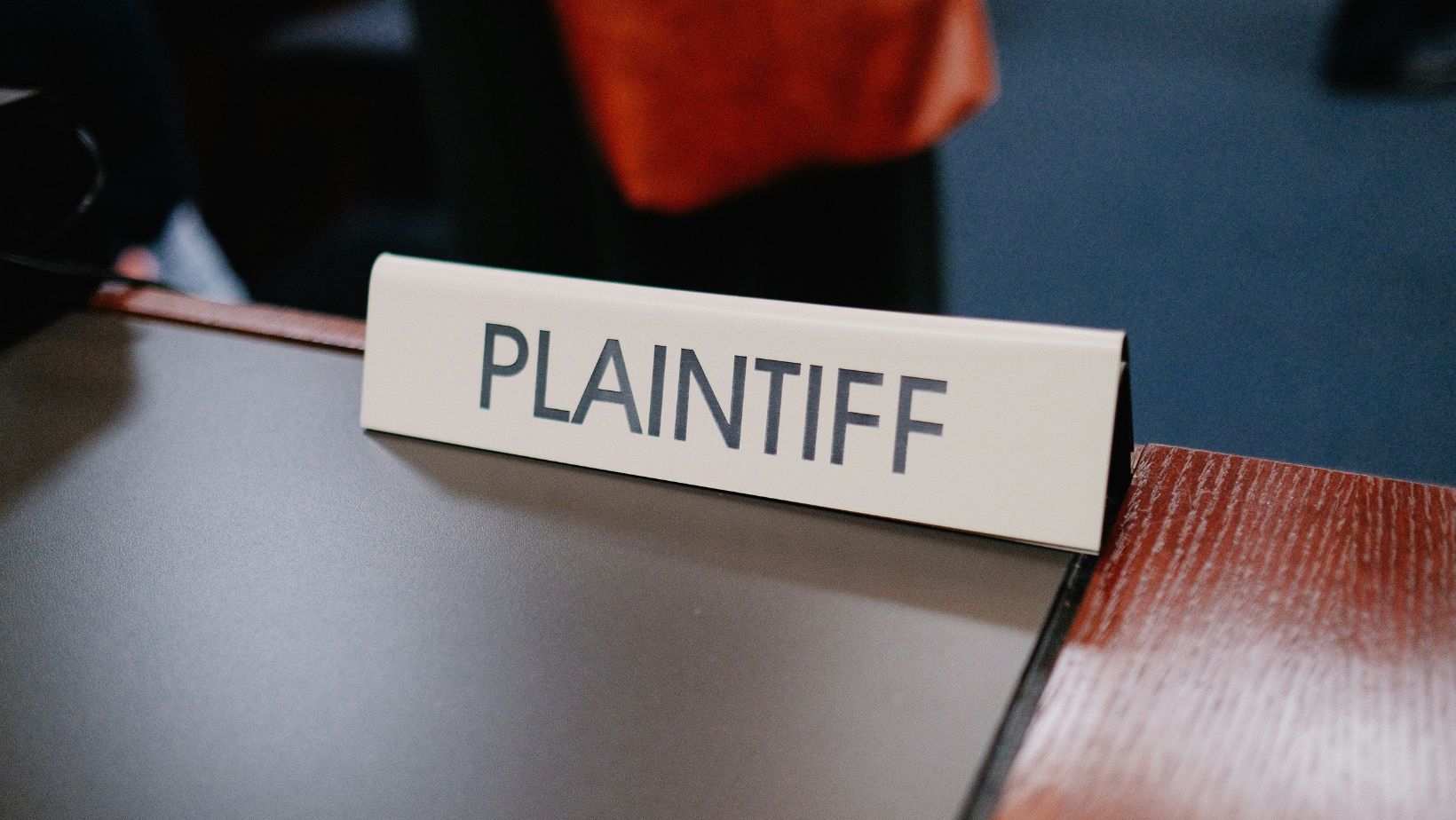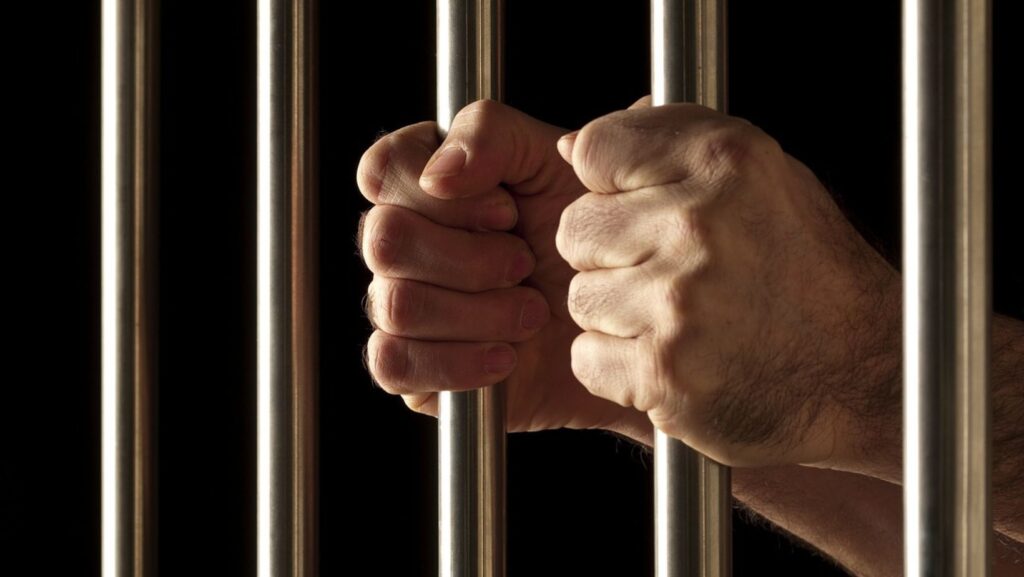Criminal charges can spark fear and confusion, as their implications may dramatically shape an individual’s life. Understanding what these charges entail, the legal processes, and the consequences is essential for anyone facing them. Whether you are directly involved in a criminal case or just looking to educate yourself, navigating the complexities of criminal law can prove daunting.
Types of Criminal Charges
Criminal charges fall into two main categories: misdemeanors and felonies. Misdemeanors are generally less severe and often result in more minor fines or shorter jail sentences. For instance, petty theft or minor drug possession are typically misdemeanors. On the other hand, felonies, which encompass severe crimes like murder, robbery, or aggravated assault, often result in substantial prison time, hefty fines, or both. Understanding these charges’ differences can influence how individuals approach their legal defense. Developing a relationship with a skilled criminal attorney in Madison, WI, can provide valuable guidance when navigating these complexities. Ensuring you have the correct support can significantly impact the outcome of your case, especially when circumstances seem dire.
Understanding the Legal Process
The legal process following an arrest can feel overwhelming. Initially, after an arrest, an individual will go through booking, which involves taking photographs and fingerprints. Once booked, the accused typically appears before a judge or magistrate, who decides on bail requirements. Depending on the case severity, a preliminary hearing may follow, where evidence is presented to determine if there is enough to proceed with charges. If charges proceed, the accused enters a plea during arraignment, which can range from guilty to not guilty. After this stage, pre-trial motions, plea bargains, and possible trial preparation unfold, presenting various legal options that can be overwhelming without proper guidance.
Consequences of Criminal Charges
Beyond potential jail time or fines, criminal charges can have severe repercussions, impacting multiple aspects of a person’s life. These charges can tarnish one’s reputation and lead to long-term employment and housing challenges. Specific professional licenses may also become inaccessible with a felony conviction, limiting career opportunities.

It’s also important to consider the emotional toll that charges can take, such as feelings of anxiety or depression. Understanding these early consequences can motivate individuals to seek the best possible outcomes effectively.
Defending Against Criminal Charges
A robust defense represents a crucial element in combating criminal charges. Various defense strategies exist, often tailored to the specifics of the case and the charges involved. For instance, the defense may argue that the evidence obtained was inadmissible due to unlawful search or seizure. Alternatively, a defense might focus on demonstrating alibis, minimizing the prosecution’s claims, or negotiating plea deals that can lessen sentences or reduce charges. Engaging an experienced attorney can significantly enhance the chances of a favorable outcome. A lawyer can explore all possible defense avenues and provide the necessary knowledge concerning local laws and regulations.
The Role of a Criminal Attorney
The expertise of a criminal legal advocate is indispensable for anyone embroiled in a criminal case. These professionals possess a thorough understanding of the law and have experience dealing with prosecutors and the court system. A skilled attorney can analyze the case details critically and build a defense that best suits the situation. Furthermore, they provide emotional support, guiding clients through a challenging time with care and attention. Therefore, an informed decision about legal representation can impact your future.
How to Choose the Right Criminal Attorney
Selecting a criminal attorney is a decision that merits careful consideration. Begin by assessing their experience level in handling cases similar to yours. Potential clients should inquire about the attorney’s previous case outcomes and analyze their reputation within the legal community. Past clients’ Reviews and testimonials can illuminate what to expect. Additionally, evaluating their communication style is vital. It’s advisable to schedule consultations with multiple lawyers to gauge compatibility and approach. This initial interaction provides insight beyond qualifications, offering a sense of the attorney’s commitment to your case.
The Importance of Evidence in Criminal Cases
Evidence holds a critical position in the determination of criminal charges. The prosecution bears the burden of proof, meaning they must establish the defendant’s guilt beyond a reasonable doubt. Types of evidence can vary widely, including physical evidence, witness testimonies, and digital records. Defense strategies often hinge on challenging the validity and reliability of the evidence presented by the prosecution. For instance, if new evidence arises or existing evidence shows gaps in the prosecution’s case, the defense can leverage these points to advocate for the client. Thus, thoroughly understanding the nuances surrounding evidence can benefit the defense and the prosecution.
Plea Bargains: Pros and Cons
Plea bargaining represents a significant aspect of the criminal justice system. Through plea bargaining, defendants can negotiate with the prosecution for lesser charges or reduced sentences. This process often expedites the legal proceedings, providing a timely resolution for all parties involved. While beneficial in some cases, entering a plea deal comes with risks. Defendants might receive harsher penalties than anticipated or fail to recognize alternative defenses that could lead to a more favorable outcome if tried in court.

Consequently, understanding the advantages and disadvantages of plea bargains becomes essential for anyone involved in criminal cases.
The Impact of Criminal Charges on Future Opportunities
Facing criminal charges can have long-lasting effects on an individual’s future. After serving a sentence, many individuals struggle to reintegrate into society. Employers may hesitate to hire someone with convictions, and specific sectors, such as healthcare and education, may impose stricter hiring policies. Moreover, obtaining loans, housing, or educational opportunities can become significantly more challenging for convicted individuals. These barriers can create a cycle of disadvantage, making it essential for those charged to seek rehabilitation and career support after the legal process concludes. Awareness of these potential hurdles can help individuals plan a proactive path forward.
The aftermath of facing criminal charges can be daunting, yet it’s crucial to seek support systems that aid in healing and recovery. Family, friends, or support groups can provide emotional comfort. Moreover, many community organizations offer resources and assistance for individuals re-entering society after legal trouble. Participating in counseling or workshops can facilitate personal growth and provide strategies for navigating life post-charge. Additionally, some may find that volunteering offers a means of reintegrating into the community while building new relationships. Finding support plays a significant role in restructuring one’s life after facing criminal charges.



